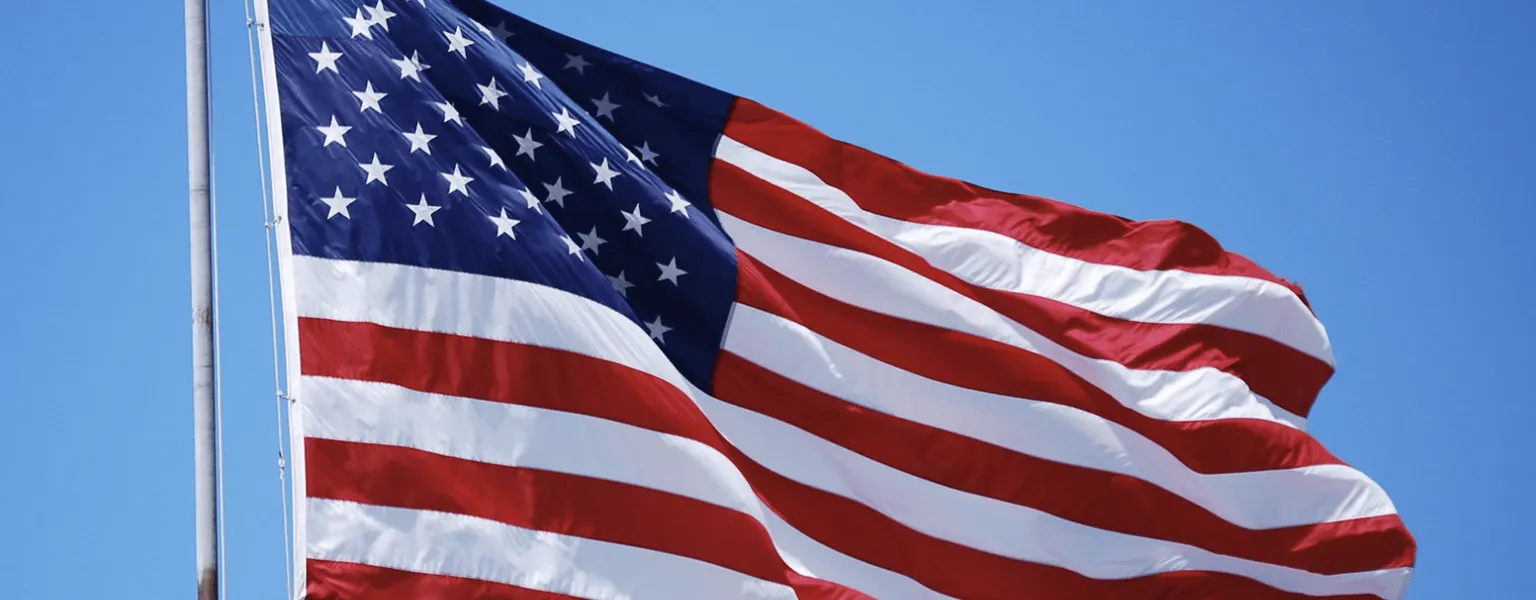What Trump’s presidency means for packaging businesses

Business
Donald Trump’s inauguration as the 47th President of the United States on 20th January 2025 marks the beginning of his second term in office. As his administration settles into the White House, businesses across various sectors, including the packaging industry, are assessing the potential implications of his policies. While it is still early to predict the full extent of his impact, key areas such as trade, economic policies, and environmental regulations are likely to play a significant role.
Trade policies and material sourcing
President Trump has indicated a renewed focus on protectionist trade policies, mirroring approaches seen during his first term. Early signals suggest that his administration may reintroduce tariffs on imported goods, a move aimed at boosting domestic manufacturing and safeguarding American jobs.
For the packaging sector, this could present both challenges and opportunities. Companies that rely on imported raw materials, such as plastics, metals, or speciality papers, may face increased costs due to tariffs. On the other hand, domestic suppliers could benefit from a rise in demand as businesses look to source materials locally to avoid added costs.
However, disruptions to global supply chains could lead to delays and a lack of availability of critical materials, impacting production timelines. Businesses in the sector will need to adopt flexible procurement strategies to mitigate these risks.
Economic policies and industry growth
The Trump administration has pledged to implement tax reforms and introduce incentives to promote manufacturing in the United States. Packaging companies could potentially benefit from these measures, with opportunities to invest in new facilities, expand production capacity, and adopt modern manufacturing technologies.
At the same time, the broader economic climate could be influenced by these policies. Should tensions arise from protectionist measures or trade disputes, businesses may face unpredictable market conditions. Any significant impact on consumer spending or broader economic stability could, in turn, affect demand for packaging products across industries such as food, retail, and e-commerce.
Regulatory landscape and sustainability
Trump’s previous tenure saw an emphasis on deregulation, and his new administration appears poised to continue along a similar path. For the packaging industry, reduced regulatory oversight could mean fewer compliance costs related to environmental standards or product labelling requirements.
However, such a stance may have implications for sustainability initiatives, a growing focus within the sector. Many packaging businesses have been investing in eco-friendly materials and processes to align with global trends and consumer demand for greener products. A relaxation of environmental policies may reduce the immediate pressure to make these changes, but businesses risk falling behind international competitors or alienating environmentally conscious consumers if sustainability is deprioritised.
Environmental considerations and global commitments
With the packaging industry under increasing scrutiny for its role in managing waste and promoting recycling, any rollback of green initiatives could influence long-term efforts toward creating a circular economy. Packaging firms may need to decide whether to follow market-driven sustainability goals or to adjust to potentially weaker regulatory pressures.
It is worth noting that many multinational businesses in the sector operate across regions where stringent environmental rules remain in place, such as the European Union. These companies may choose to maintain consistent standards globally, regardless of changes in U.S. regulations, to meet the expectations of international clients and consumers.
Outlook for the industry
As Trump’s presidency progresses, the packaging industry is likely to face a mixed landscape of challenges and opportunities. Trade policies could redefine supply chains, while economic incentives may support growth and innovation. At the same time, questions around sustainability and environmental responsibility will require careful consideration by businesses aiming to balance profitability with consumer expectations.
While it remains too soon to predict the full impact of this administration’s policies, adaptability and strategic planning will be crucial for companies in the sector as they navigate this new chapter in U.S. governance.
Related News
-
Sustainability
New plastic film recycling directory launched in the United States
-
Sustainability
US aluminium can recycling drops but still leads in drinks packaging
-
Business
White House faces industry backlash over plastic production caps
-
Sustainability
New US packaging strategy aims to cut food waste
-
Business
FDA: PFAS phased out of U.S. food packaging




